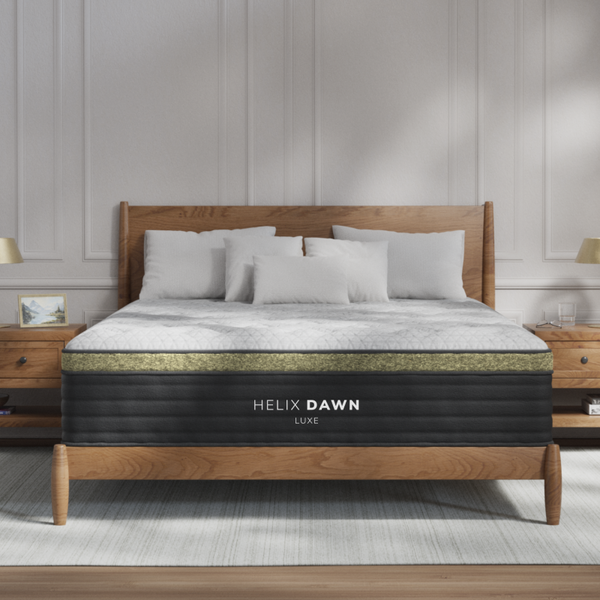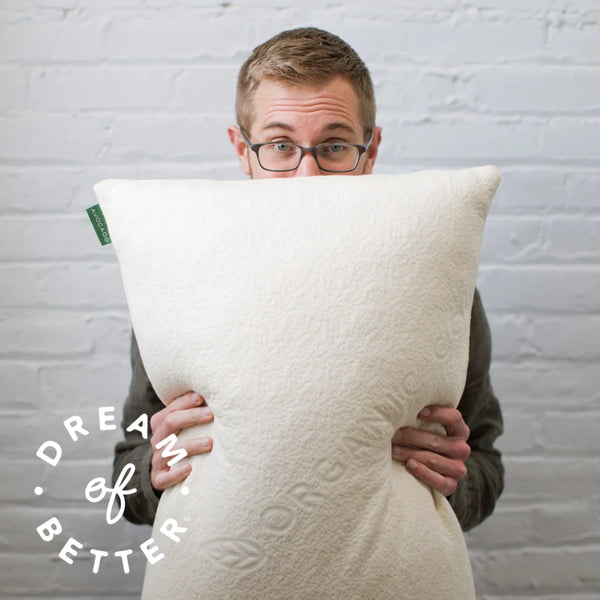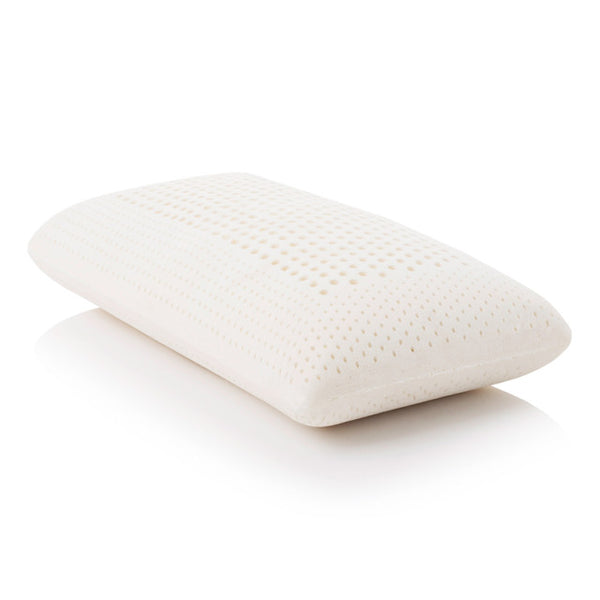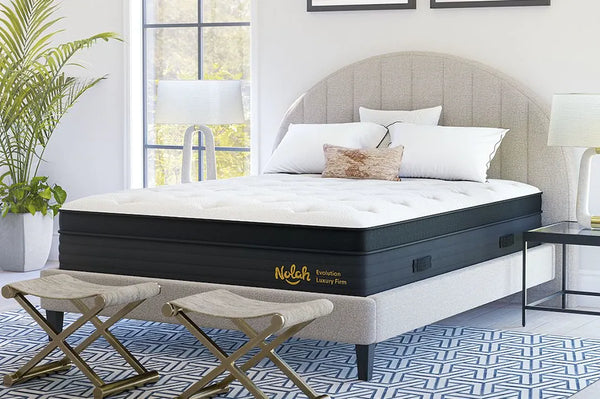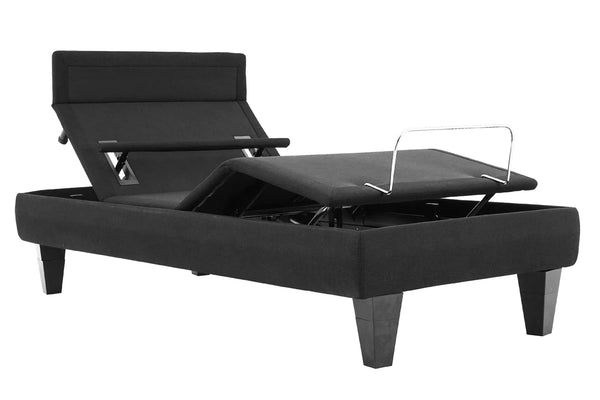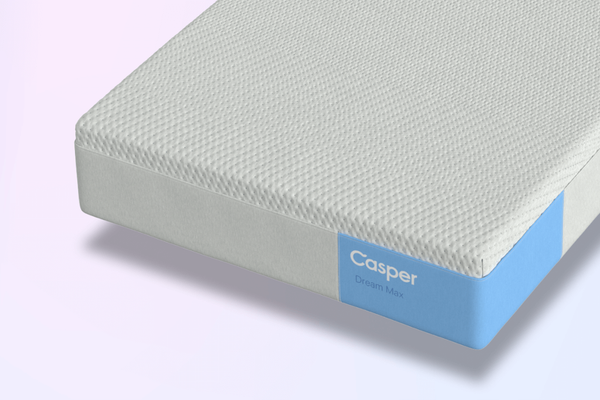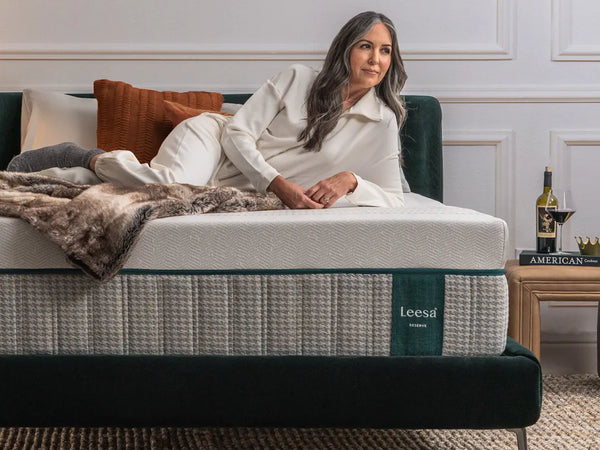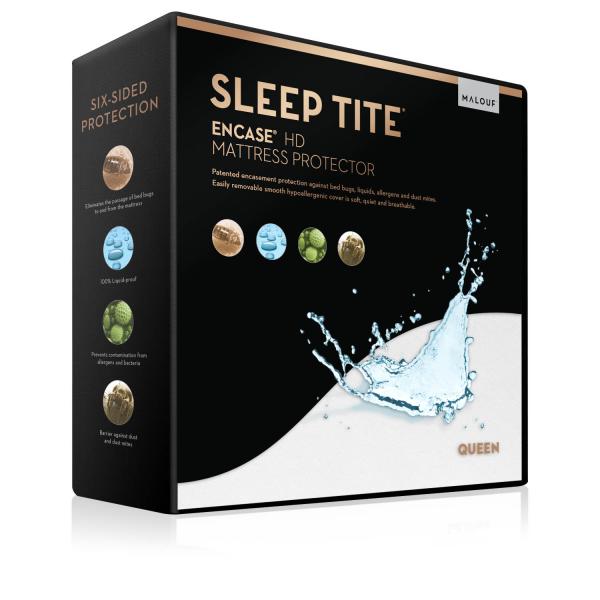
Frequently Asked Questions
1. What is the significance of choosing the right mattress?
2. What are the main sleep styles to consider when selecting a mattress?
3. What type of mattress is recommended for back sleepers?
4. What should side sleepers look for in a mattress?
5. How often should I replace my mattress?
Your mattress is one of the most important purchases you'll ever make, and choosing the right one can greatly affect your sleep quality. With countless options available on the market, it can be overwhelming to find the perfect match. Understanding your sleep style is essential when selecting a mattress. In this guide, we will walk you through the different sleep styles and how they influence mattress selection, ensuring you wake up refreshed and ready to take on the day.
Understanding Sleep Styles
Everyone has their own unique way of sleeping. Some people toss and turn, while others may sleep like a rock. Knowing your sleep style is critical for choosing a mattress that meets your needs. The sleep styles can generally be categorized into three main types: back sleepers, side sleepers, and stomach sleepers. Let’s take a deeper look into each category.
Back Sleepers
Back sleepers account for a significant portion of the population. They tend to distribute their weight evenly across their body, which often results in better spinal alignment. However, choosing the wrong mattress can lead to discomfort or back pain over time.
- Recommended Mattress Type: Medium to firm mattresses are generally best for back sleepers. They provide the necessary support to maintain spinal alignment.
- Key Features to Look For: Look for mattresses that offer lumbar support and maintain a balanced level of firmness to cradle the lower back.
Side Sleepers
If you're a side sleeper, your body needs extra cushioning to alleviate pressure on your hips and shoulders. This sleep style requires a mattress that contours to your body shape while still providing support.
- Recommended Mattress Type: A medium to soft mattress is ideal for side sleepers, as it allows for deeper sinkage in the shoulders and hips.
- Key Features to Look For: Consider memory foam or hybrid mattresses that offer good pressure relief and contouring without losing support.
Stomach Sleepers
Stomach sleepers face unique challenges because sleeping on your stomach can lead to spinal misalignment. It's crucial for stomach sleepers to choose a mattress that prevents sinking too deeply, which can cause neck and back pain.
- Recommended Mattress Type: A firmer mattress is usually the best choice for stomach sleepers, as it provides the necessary support to keep the spine aligned.
- Key Features to Look For: Look for a mattress that maintains a flatter surface, ensuring your body doesn’t sink excessively and allowing for better alignment of the spine.
Other Important Factors to Consider
While sleep style is a critical consideration in your mattress choice, several other factors should be taken into account for an overall better sleeping experience.
Material
The material of your mattress can significantly affect the feel and temperature regulation during sleep. Here are the most common mattress materials:
- Memory Foam: Offers excellent contouring properties and pressure relief, making them a great choice for those who need support that molds to their body.
- Latex: Provides a responsive feel and maintains a cooler temperature. Latex mattresses are also known for their longevity.
- Innerspring: Traditional innerspring mattresses provide a bouncier feel and often include additional layers for comfort.
- Hybrid: Combines the benefits of innerspring and foam layers, offering a balanced feel of support and comfort.
Sleeping Temperature
Temperature regulation is essential for a good night's sleep. If you tend to sleep hot, you’ll want to opt for materials that promote airflow. Memory foam can trap heat, whereas latex and hybrid options may offer better cooling properties. Look for mattresses with gel-infused foam or breathable covers to help regulate temperature.
Trial Periods and Warranties
Many mattress companies offer trial periods, allowing you to test the mattress in the comfort of your home. It’s recommended to take advantage of these trials to ensure the mattress suits your sleep style and comfort requirements. Additionally, comprehensive warranties can provide peace of mind regarding your purchase.
Setting a Budget
Establishing a budget is crucial before embarking on your mattress shopping journey. High-quality mattresses come at various price points, so setting a budget will help narrow down your options. Consider investing in a mattress that aligns with your needs—after all, its impact on your health and wellbeing is invaluable.
FAQs About Mattress Selection
What is the lifespan of a mattress?
Generally, a quality mattress should last between 7 to 10 years, depending on the materials used and how well it is maintained. Regularly rotating your mattress can extend its lifespan.
How often should I replace my mattress?
Consider replacing your mattress when you notice discomfort, sagging, or if you wake up feeling fatigued. Regular assessments of your sleep quality can signal when it’s time for a new mattress.
Your Path to Restful Nights
Choosing the right mattress is a key step towards achieving better sleep quality. By understanding your sleep style, knowing what features to look for in a mattress, and considering additional factors like material and sleeping temperature, you can find the perfect fit for your unique needs. Remember, a well-rested mind and body equals a more productive and enjoyable day-to-day life. Happy mattress hunting!

